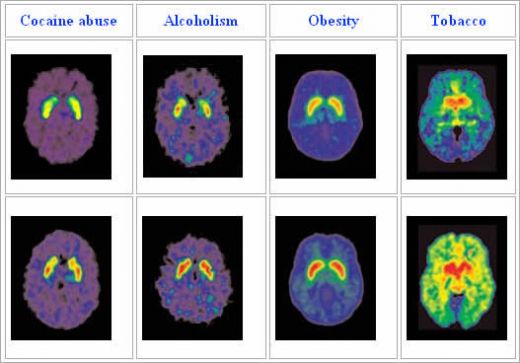In vitro meat, new technologies, and the “yuck factor”
In vitro meat, recently discussed on this blog by Julian Savulescu, is gradually becoming a reality. It holds great promise, notably considering that billons of animals are slaughtered for food every year, often after spending miserable lives in factory farms, and that the current production of meat contributes significantly to the emission of greenhouse gases. In spite of those facts, it seems highly unlikely that most meat-eaters will agree to give up meat anytime soon (though the success of the “meat-free Mondays” initiative in a number of different places should be saluted), yet they might well prove more willing to switch from traditionally produced meat to in vitro meat, if the latter were as healthy (or even healthier), reasonably priced, and tasted the same as the former.
Discussions of in vitro meat in the media most often cite the so-called “yuck factor” as a major obstacle to its general acceptance: i.e. the instinctive revulsion that many people feel at the idea of eating “unnatural” meat grown in a petri dish. I am inclined to be cautiously optimistic about the prospects of overcoming that obstacle: “unnatural” meat substitutes have already become popular among vegetarians, and some meat-eaters do consume them as well occasionally. Although in vitro meat should bear even more of an uncanny resemblance to the real thing than those substitutes (which might be why some people are revulsed by the idea), I would expect it to find success if issues of health and taste can be adequately dealt with. Now what if the yuck factor were to prove more of an issue than I anticipate? I believe the following points deserve to be emphasized:
Read More »In vitro meat, new technologies, and the “yuck factor”




